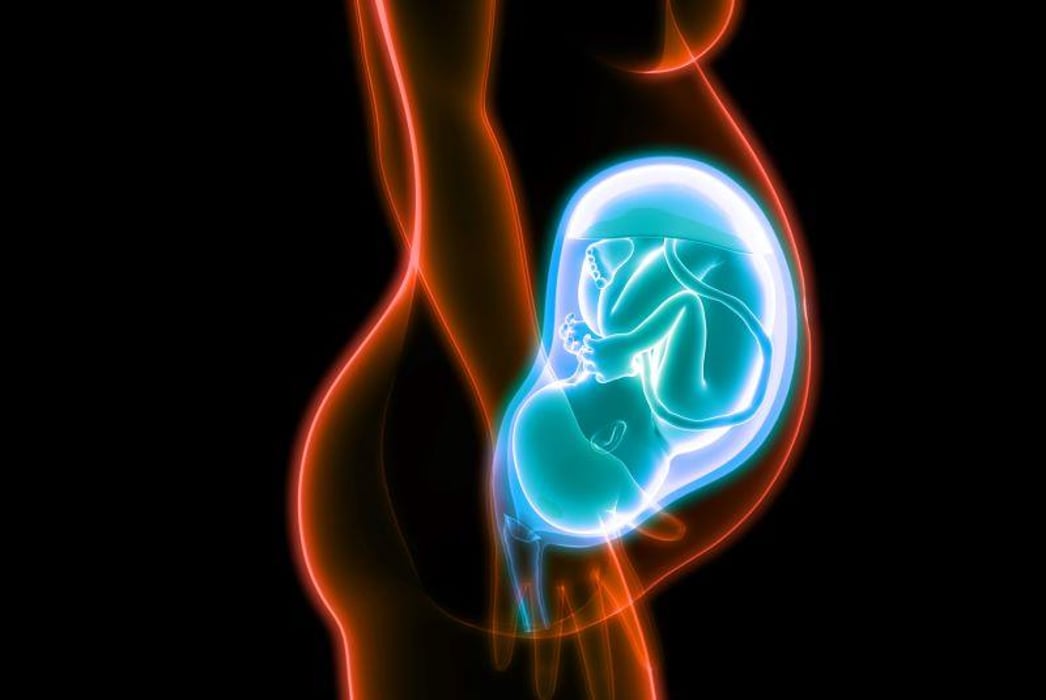Diabetes Exposure in Utero Linked to Neurodevelopmental Disorders

WEDNESDAY, Jan. 4, 2023 (HealthDay News) -- Exposure to diabetes in utero is associated with an increased risk for neurodevelopmental disorders (NDDs) in offspring, according to a study published online Dec. 21 in Developmental Medicine & Child Neurology.
Kuan-Ru Chen, Ph.D., from the National Cheng Kung University Hospital in Tainan, Taiwan, and colleagues conducted a retrospective cohort study involving 877,233 singletons born between 2004 and 2008 in Taiwan. Using health insurance claims data, children were followed for diagnoses of NDDs, including autism spectrum disorder (ASD), attention-deficit/hyperactivity disorder (ADHD), developmental delay, intellectual disability, cerebral palsy, and epilepsy/infantile spasms through 2015. The relative risks for NDDs associated with maternal diabetes were estimated.
Overall, 0.04, 1.00, and 10.28 percent of children were exposed to type 1 diabetes mellitus (T1DM), type 2 diabetes mellitus (T2DM), and gestational diabetes mellitus (GDM) in utero, respectively. The researchers found that the largest effect on NDDs was seen for T1DM, followed by T2DM and GDM. Increased risks for developmental delay, intellectual disability, and epilepsy/intellectual spasms were seen in offspring in association with T1DM. Increased risks for ASD, ADHD, developmental delay, intellectual disability, cerebral palsy, and epilepsy/intellectual spasms were seen in association with T2DM. Increased risks for ASD, ADHD, and developmental delay were seen in association with GDM.
"Mechanistic studies are needed to explore how maternal conditions, such as diabetes, may shape brain development in the womb," a coauthor said in a statement.
Related Posts
Nutrition Labels to Move to Front of Packaging Under Biden Plan
TUESDAY, Sept. 27, 2022 (HealthDay News) -- To help consumers ascertain the...
Un estudio global muestra que la soledad puede acortar la vida
LUNES, 19 de junio de 2023 (HealthDay News) -- Hoy en día, hay una epidemia de...
Prior Authorization Impacts Care, Workforce Productivity
THURSDAY, Feb. 17, 2022 (HealthDay News) -- More than one-third of physicians...
Extirpan un cáncer de piel del pecho del Presidente Biden, que no necesita más tratamiento
LUNES, 6 de marzo de 2023 (HealthDay News) -- Se determinó que una lesión que se...
